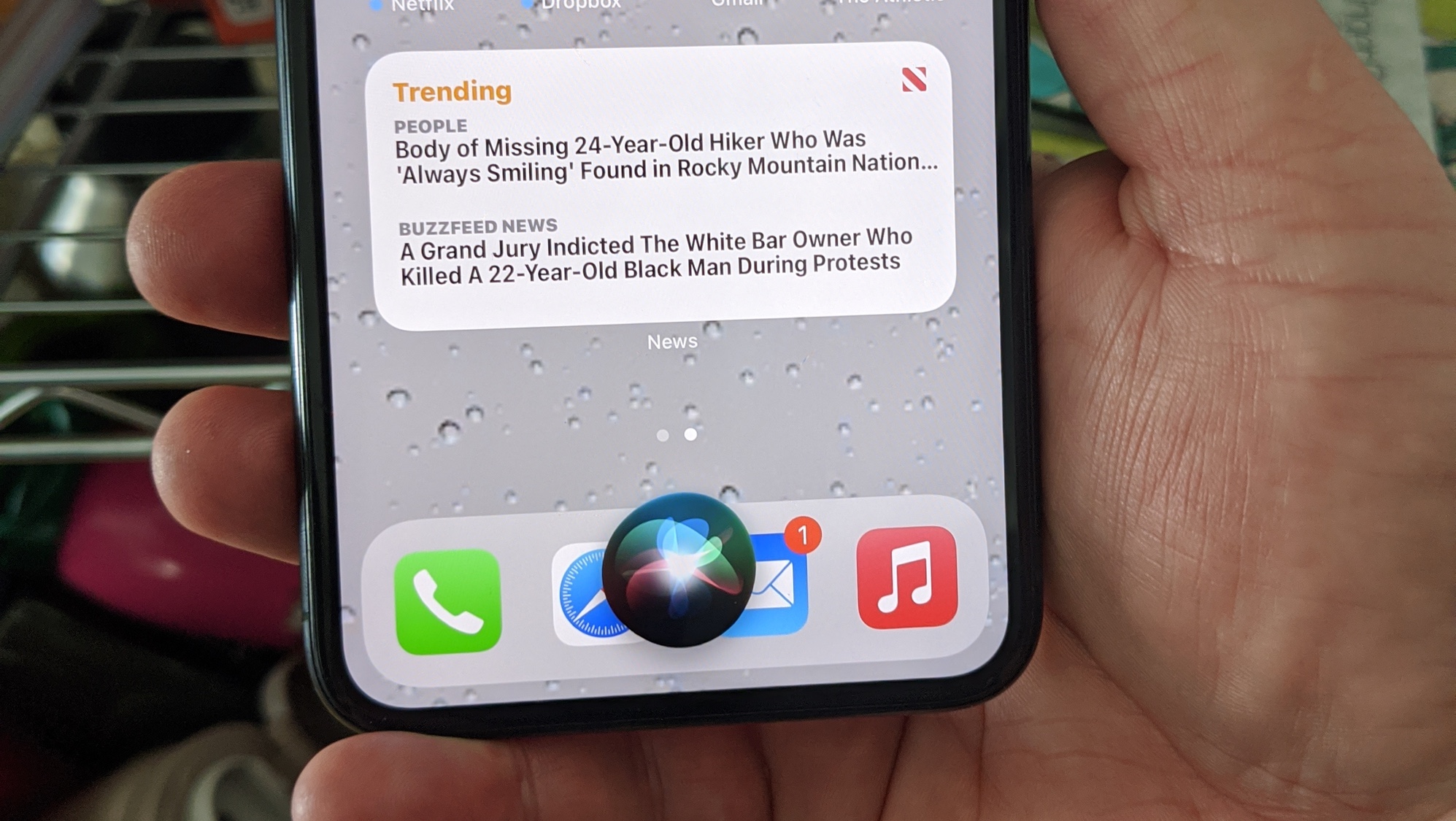Apple’s reportedly reaches out to major publishers to train its AI for ‘at least $50 million’ each — including Condé Nast, NBC News and more
Company said to be approaching major publishers

Yesterday, it became clear that Apple is exploring ways of allowing large language models (LLM) to run on low-memory devices like iPhones, potentially leading to the company unleashing AI in iOS 18. Today, we’ve got an insight into how Apple is looking to differentiate itself from the ChatGPTs of this world.
The New York Times reveals that rather than scraping the internet and books to teach generative AI systems, Apple is looking for something a bit more controlled, reliable and legally watertight. According to four insiders, the company has reached out to various publishers offering multi-year licensing deals “worth at least $50 million” for the purposes of training AI on news articles.
The piece names three of them: Condé Nast (which publishes Vogue, The New Yorker and Wired), IAC (People, Entertainment Weekly and The Daily Beast) and NBC News.
There are advantages and disadvantages to this approach. On the one hand, going to professional publishers sidesteps the disadvantages of learning from the madness, propaganda and fakery of the wider internet, which could be what Tim Cook meant when he said Apple would pursue generative AI “responsibly.” On the other, it’s a significantly smaller pool to learn from, which could lead to big gaps in knowledge in a hypothetical Apple GPT.
Whether this will see Apple’s AI at a disadvantage compared to the likes of ChatGPT in part depends on what Apple intends to use it for. And apparently, the company has been quite vague about this, even in discussions with publishers. One reason some publishers have been hesitant to embrace the deal is because Apple could end up using generative AI to deliver news on its devices, which would make it a competitor rather than a partner.
Another possible sticking point is that Apple’s pitch reportedly stated that publishers could potentially be “on the hook for any legal liabilities” stemming from the AI integration. Which is a bit of a blank check for any company to sign, no matter how big the initial payment.
However, despite skepticism from some publishers, others are reportedly “optimistic that Apple’s approach might eventually lead to a meaningful partnership.”
Get instant access to breaking news, the hottest reviews, great deals and helpful tips.
In part this is because Apple seeking permission — and offering significant compensation — for the use of publishers’ content is in stark contrast to other AI firms, which have been accused of riding roughshod over copyright law. Open AI, Meta and Stability AI have all been targeted by lawsuits from authors alleging their books were unlawfully used for training purposes.
The New York Times report claims that Apple is reluctant to teach its AI model via the internet, “partly because of its commitment to privacy.” While that may just be spin, it will be interesting to see whether this puts Apple at a rare competitive disadvantage as the AI race heats up in 2024.
Freelance contributor Alan has been writing about tech for over a decade, covering phones, drones and everything in between. Previously Deputy Editor of tech site Alphr, his words are found all over the web and in the occasional magazine too. When not weighing up the pros and cons of the latest smartwatch, you'll probably find him tackling his ever-growing games backlog. He also handles all the Wordle coverage on Tom's Guide and has been playing the addictive NYT game for the last several years in an effort to keep his streak forever intact.
 Club Benefits
Club Benefits






